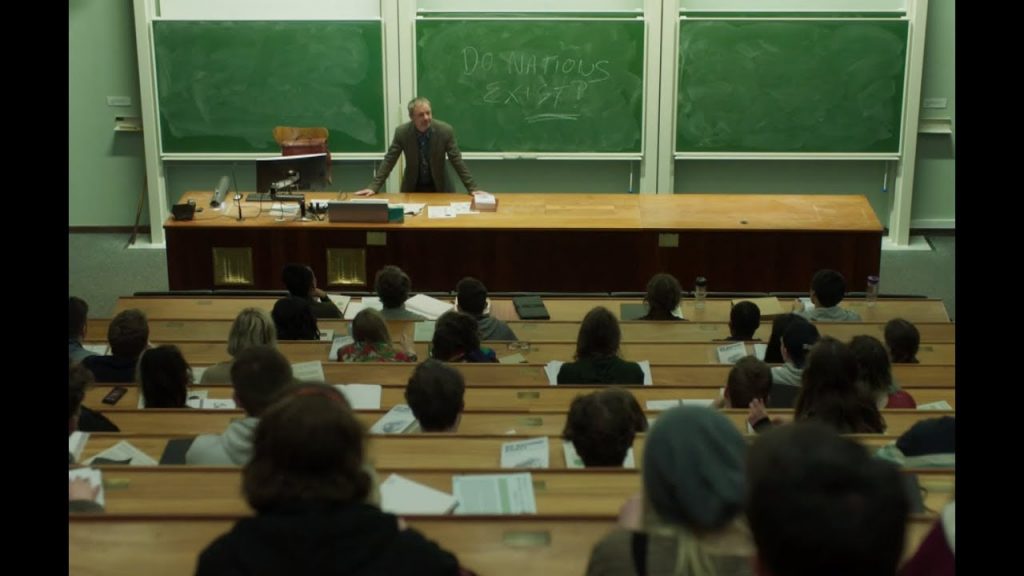Bill Passed To Save College From Having To Cut Students Over Environment Concerns
Berkeley University nearly had to cut thousands of students over environmental concerns, a bill was unanimously voted in favor of the school.

Incoming students at the University of California, Berkeley can breathe a sigh of relief. The California Legislature and Governor Gavin Newsom did something the people of the state are unaccustomed to – they moved at breakneck speed to pass a bill. Without this bill’s passage, the university would have been held to a California Supreme Court decision that would cap Berkeley enrollment at its fall 2021 level.
Senate Bill 118, approved by both California Legislature chambers, moved immediately to Governor Newsom’s desk, where he signed it a short time later. The Assembly approved the bill by a 69-0 vote and then in the Senate by a 33-0 vote. The bill now officially gives California colleges and universities a reprieve of 18 months to conduct an environmental review after a court determines on-campus population exceeds its projections. This is where Berkeley’s university stood, and they were in the line of having to drop nearly 2,600 students from their fall enrollment levels.
“I’m grateful to the Legislature for moving quickly on this critical issue — it sends a clear signal that California won’t let lawsuits get in the way of the education and dreams of thousands of students, our future leaders and innovators,” Newsom said in a statement via the Sacramento Bee. What the bill does is change the California Environmental Quality Act (CEQA) in that college or university’s enrollment, or changes in such, no longer constitute schools being held to that law. This move is also retroactive, which means Berkeley University is no longer on the hook for chopping enrollment numbers.

Before the SB118 was passed, UC Berkeley had made contingency plans for students at the university. In order to comply with the California Supreme Court order, the administration planned to reduce their on-campus population by asking some students to enroll online while they were requesting others to defer their university enrollment until January of 2023. Newsome’s quick pen made that a moot point.
While support was unanimous for SB118 and saving Berkeley University students, there were a few legislators who made it a point of saying just how outdated the CEQA is. Assemblyman Vince Fong, R-Bakersfield, and Sen. Jim Nielsen, R-Red Bluff noted that legislation’s latest exception to the CEQA only shows that the 52-year-old law needs major reform or even replacement. Fong claimed that SB118 “highlights the fact that CEQA is dated and broken.” Nielsen agreed by saying, “We need broad, deep CEQA reform, not picking around the edges.”
The unanimous support did not apply to those outside of the California Legislature. The group Save Berkeley’s Neighborhoods condemned the move by legislators to override the California Supreme Court decision surrounding Berkeley University students. It was Save Berkeley’s Neighborhood who led the way in getting the enrollment cap in the first place.
“We hope that Governor Newsom recognizes that SB 118 will hurt students more than help and not sign this bill. UC Berkeley does not have the capacity to handle more students, and more than 10% of current Berkeley students suffer homelessness during their education. In addition, more than 15% suffer from food insecurity,” said Phil Bokovoy, President of Save Berkeley’s Neighborhoods, via ABC 7 News. “We don’t want new students to have to live in cars, campers and hotel rooms like they are in Santa Barbara.”

But lawmaker and Sacramento Democratic Assemblymember Kevin McCarty painted a different bleak picture. “This would have shut the doors of college education for thousands of Californians,” claimed McCarty. “Our economy requires more college graduates. We know that college is the ticket to the middle class.”
Bokovoy only sees the housing situation worsening for Berkeley University students. He feels that the new bill will definitely see more litigation and without the state legislature imposing a requirement that would bind the university legally to build housing before they increase enrollment, Bokovoy predicts the housing situation will get monumentally worse.
For now, after quick work by the California Legislature and Gov. Newsom, students at the University of California, Berkeley are safe. That is the important thing. Next up for Berkeley university is to solve their housing issue.



